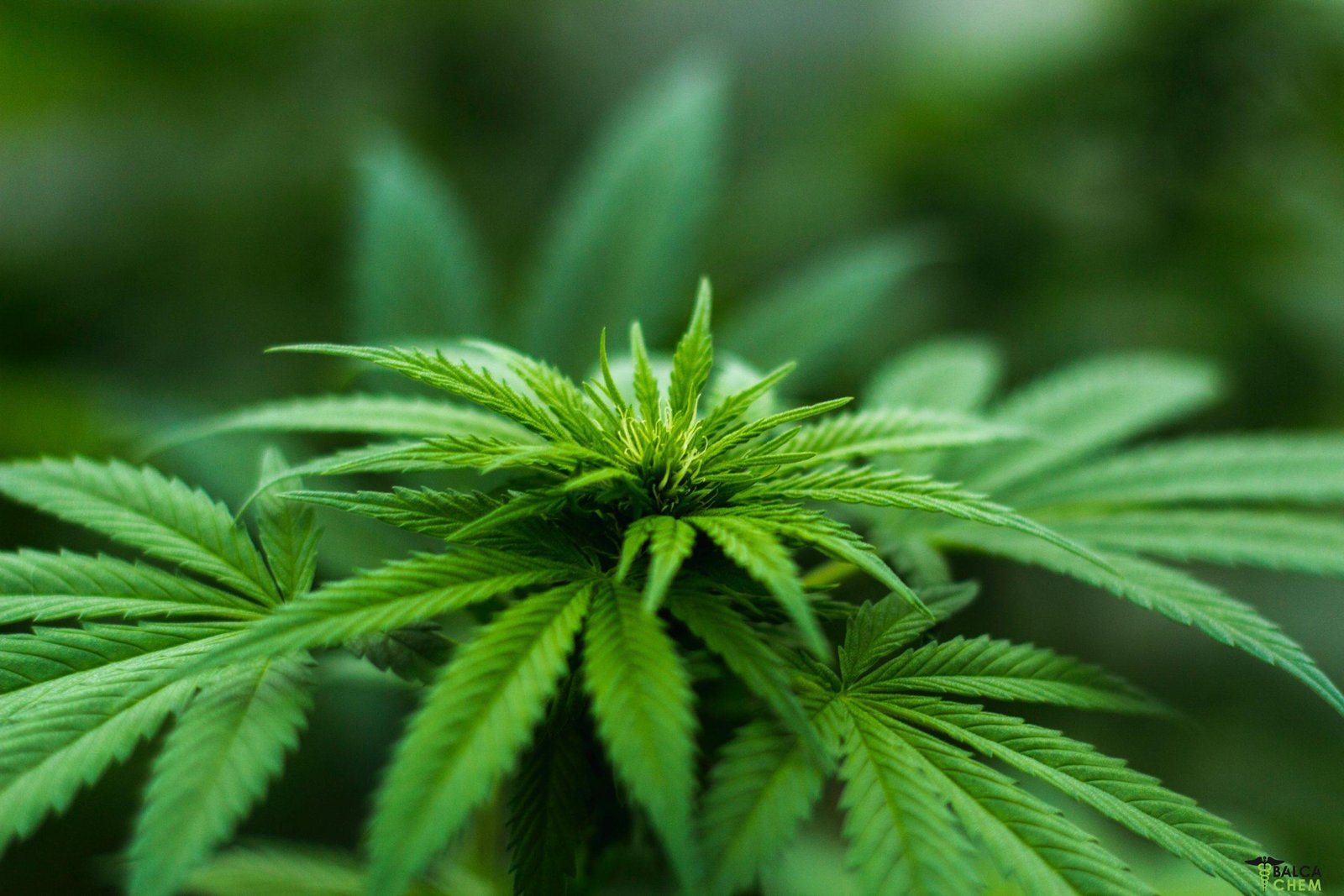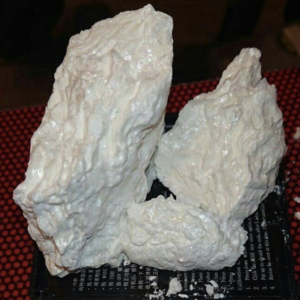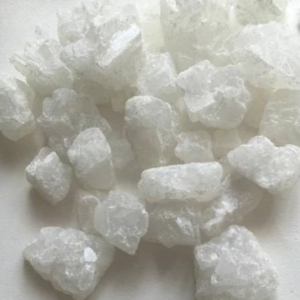Synthetic cannabinoids
Synthetic cannabinoids
What are synthetic cannabinoids?
Synthetic cannabinoids are artificial (man-made) chemical compounds that alter the mind. They are sprayed on the dried and crushed matter of a plant so that they can be smoked, or sold as liquids that are vaporized and inhaled in electronic cigarettes or other devices. These products are also called herbal or liquid incense.
They are called cannabinoids because they are similar to the chemicals found in the marijuana plant. Because of this similarity, synthetic cannabinoids are sometimes mistakenly called “synthetic marijuana” or “fake weed”. They are often marketed as legal and safe alternatives to that drug, but the reality is that synthetic cannabinoids pose risks and can affect the brain far more powerfully than marijuana. Its real effects can be unpredictable and, in some cases, more dangerous. These substances can become life-threatening. Buy cannabis indica online
Synthetic cannabinoids are a part of a gaggle of medication referred to as new hallucinogenic substances (NPS). These are substances that alter the mind but are not regulated. They have recently appeared on the market and their purpose is to cause the same effects as illegal drugs. Some of these substances may have been around for several years, but are now back on the market with different chemical structures or because they have regained popularity.
Manufacturers sell these products in colorful aluminum foil containers and plastic bottles to appeal to consumers. They market them under a wide variety of brands; There are currently hundreds of them, including K2, Spice, Joker, Black Mamba, Kush, and Kronic. Buy Hemp Seed Oil
For several years, it was easy to buy synthetic cannabinoid blends at novelty and drug paraphernalia stores, at gas stations, and online. Since the chemicals used in them do not have any medical benefits but have a high potential for abuse, the authorities have made the sale, purchase, and possession of these substances illegal. However, manufacturers try to circumvent the laws by modifying the chemical formulas of the mixtures.
The ease with which they can be obtained and the belief that synthetic cannabinoids is “natural” and therefore not harmful have probably contributed to consumption among young people. Another reason they are used on an ongoing basis is that traditional drug use tests do not easily detect many of the chemicals used in these products.
How are synthetic cannabinoids consumed?
The most common way to consume synthetic cannabinoids is to smoke the dry matter of the plant. That dry matter sprayed with synthetic cannabinoids is also sometimes mixed with marijuana or drunk as a tea. Other people buy these substances in liquid form that they vaporize in electronic cigarettes. best cannabis edibles
What effects do synthetic cannabinoids have on the brain?
This product act on the same receptors in brain cells as THC ( delta-9-tetrahydrocannabinol ), the psychoactive ingredient in marijuana.
So far there have been few scientific studies on the effects of synthetic cannabinoids on the human brain, but researchers know that some of them adhere more strongly than marijuana to the receptors of THC-affected cells and may produce effects. much more powerful. The health consequences of this can be unpredictable and dangerous.
Since the chemical composition of many synthetic cannabinoid products is unknown and may vary from batch to batch, these products may contain substances that cause effects radically different from those the user might expect.
Visit here to know about delta 8 thc
Those who consume synthetic cannabinoids report some effects similar to those produced by marijuana:
- High spirits
- Relaxation
- Altered perception: the person is not aware of the objects and the conditions that surround them
- Psychosis symptoms: delirium or disordered thoughts disconnected from reality
The psychotic effects include:
- Extreme anxiety
- Confusion
- Paranoia: extreme and unwarranted mistrust of others
- Hallucinations: sensations and images that seem real but are not
What other adverse health effects can synthetic cannabinoids have?
People who consumed synthetic cannabinoid and entered the emergency room had severe symptoms, including:
- Incrise of cardiac frecuency
Vomiting
Violent behavior
Suicidal thoughts
This prouduct can also raise blood pressure and reduce blood flow to the heart, damage the kidneys, and cause seizures. The consumption of these drugs is associated with an increasing number of deaths.
Are synthetic cannabinoids addictive?
Yes, synthetic cannabinoids can be addictive. Those who consume them regularly and try to quit may experience the following withdrawal symptoms:
- Headaches
Anxiety
Depression
Irritability
Behavioral therapies and medications have not been specifically tested to treat addiction to these products. Health care providers should evaluate patients to determine if they have concurrent mental health disorders.
Please Check out here that How old do you have to be to buy CBD?
Points to remember
- The term “synthetic cannabinoids” refers to an increasing number of man-made chemicals that alter the mind.
- These substances are sprayed on the dried and crushed matter of a plant or vaporized. Its consumption causes a high or “high”.
- They are sometimes wrongly called “synthetic marijuana” or “false weed” because they act on the same receptors in brain cells as THC, the psychotropic ingredient in marijuana.
- The effects of synthetic cannabinoids can be unpredictable and severe and can be life-threatening.
- The only part of synthetic cannabinoid that is natural is dry plant matter. Chemical tests have shown that the active ingredients are man-made cannabinoid compounds.
- Those who consume synthetic cannabinoids report some effects similar to those produced by marijuana:
High spirits
Relaxation
Altered perception
Psychosis symptoms - Synthetic cannabinoids can also cause serious physical and mental health problems, including:
Incrise of cardiac frecuency
Vomiting
Violent behavior
Suicidal thoughts - This can be addictive.
- Behavioral therapies and medications have not been specifically tested to treat addiction to these products.






